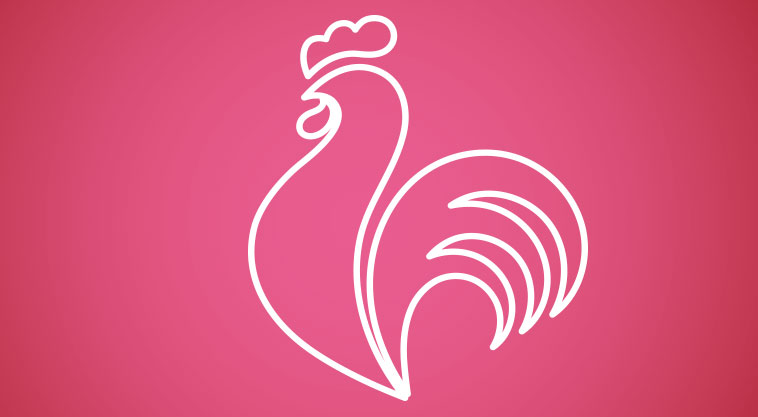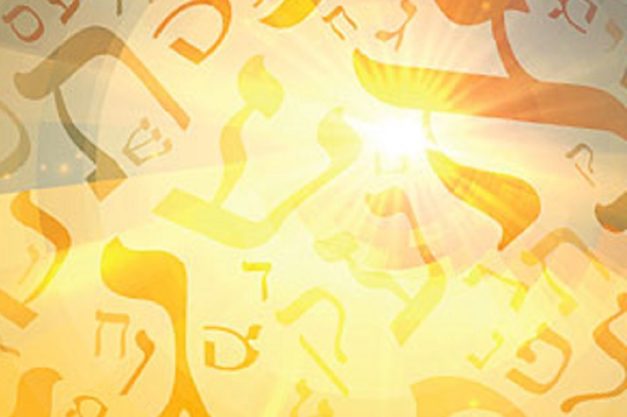Crowns of Glory

We crown Him King — and are crowned as His Nation

Were you ever made to feel really special? Did someone compliment you on something extraordinary that you did? Can you recall the emotions you felt?
Saying the brachah of “Oter Yisrael b’sifarah — He Who crowns Yisrael with glory,” has the potential to engender these wonderful feelings in us each morning. We can feel something like this every day simply because we’re part of the Jewish People, and more particularly, because we have a personal relationship with Hashem.
This brachah was originally said when the head covering (yarmulke) was put on first thing every day. The Beis Yosef writes that it’s forbidden for a male to walk with an uncovered head. The Gra suggests that the word yarmulke is a composition of two words: Yarei mei’Eloki — someone with fear of Hashem. The head covering is a constant reminder that Hashem’s special presence is resting upon us. Indeed, this is the sifarah, the splendor, that crowns our head and our entire being.
Rabbi Ephraim Fordsham, in L’fanav Naavod, adds that the role of head coverings is to inspire us to look upward throughout the day and see how we can become closer to Hashem. When we feel this level of connection, it motivates a change in our behavior.
Bridge to Above
A head covering forms both a bridge as well as a barrier between an individual and Hashem. It’s a means of connection and closeness, and at the same time, a symbol of separation. Rav Pincus notes that if Hashem’s presence were to be totally manifested in a person, the intensity would be so great he’d be consumed by the “eish ochlah.”
Similarly, Rav Schwab explains that there needs to be a concrete separation between our minds and Hashem’s infinite knowledge; when compared to Daas Elyon, our minds are considered to be “ervah.” The physical separation represented by a head covering reminds us of the humility required when standing in the Presence of Hashem and allows us to experience the awe of our finiteness in contrast to Infinity.
The Rosh would say this brachah each morning after putting on his tefillin, in line with the Chazal that teaches us that the tefillin enabled the nations of the world to see clearly that the Presence of Hashem rests upon the Jewish Nation.
Rabbi Leib Mintzberg, in his sefer Ben Melech, explains that this obvious presence of Hashem, the sublime light that engulfs each Jew, is the deeper meaning behind this brachah. It’s a reminder of our greatness and the exalted level of ruchniyus we’re gifted with as Hashem’s chosen nation.
This brachah has an even deeper realm of meaning. Chazal tell us that performance of a mitzvah creates an angelic force. These angels surround a person throughout the day. Rav Schwab explains that the word Shechinah comes from the root of shachen, which means to dwell.
When a person connects with Hashem and is surrounded by the mitzvos she’s performed, the Shechinah dwells above her head. Thus, this brachah is a verbal recognition of the fact that Hashem crowns Yisrael with the glory of His Shechinah as a result of the mitzvos we do.
Rav Wolbe quotes the Kuzari that says in the Mishkan, when the vessels were created exactly according to instructions, they became the conduit to bring the Shechinah down to earth. Likewise, when a person performs a mitzvah precisely, as one should, one facilitates the Divine Presence coming to rest upon her.
This brachah reminds us that we have the ability, throughout our day, to be crowned with presence of the Shechinah. It thereby inspires us to try to live with this sentiment in mind and to perform the mitzvos in the most meticulous way possible. Imagine, when preparing a meal for a new mother or someone sitting shivah, that with each course you make, you’re being enveloped by the Shechinah. Indeed, throughout our day, we have the ability to merit coronation with countless “crowns of glory.”
Unique Role
This brachah, as well as the previous one about girding a belt, are unique in that they are specific to “Yisrael.” Rav Alexander Mandelbaum, in Aromimcha Elokai Hamelech, suggests a powerful message inherent in these brachos.
We know that Hashem created the world in such a way that the forces of good are counteracted by the forces of evil. An example of this phenomena is that fact that Eisav killed Nimrod on the day Avraham Avinu died. Avraham Avinu represented the pure force of good; therefore his nemesis, representing the forces of evil, also had to leave the world on the same day.
The two nations that represent the forces of evil in this world are Eisav and Yishmael. Eisav embodies haughtiness and Yishmael epitomizes unbridled desire for physical pleasure. The Jewish Nation, who is subjugated to Hashem and controls its desires, is the antithesis of these nations. These two brachos remind us of our special position in this world, and our responsibility to counteract these negative spiritual forces.
The brachah of girding a belt is a reminder that we make a separation between the physical and spiritual parts of ourselves, that we have the ability to curb and control our physical desires. This brachah reminds us that there’s a Hashem above our heads and there’s no place for haughtiness and pride. Therefore, these brachos underscore our specific role in this world, and our ability to increase kedushah in our lives.
With this, we can appreciate Rav Dessler’s teaching in Michtav MeEliayhu, that we should be careful to mention Hashem whenever we’re planning something. Even though it may sound rote, we should say, “b’ezras Hashem,” or “im yirtzeh Hashem” when talking to others, and when being complimented for doing a good job, to respond, “b’chasdei Hashem.”
These statements are a reminder of this “crown of glory” on our heads, and that ultimately we’re not in control of what we’re doing in our lives — it all comes from Hashem. When saying this, we’re returning the crown to where it belongs.
When we say this brachah each morning, let’s pause to allow ourselves to feel engulfed by Hashem’s love. We can imagine being adorned by the crown of His glory. These feelings should generate such intense joy that all our mitzvos will be done with increased love and devotion. This is indeed the most special feeling a person can experience.
(Originally featured in Family First, Issue 652)
Oops! We could not locate your form.



